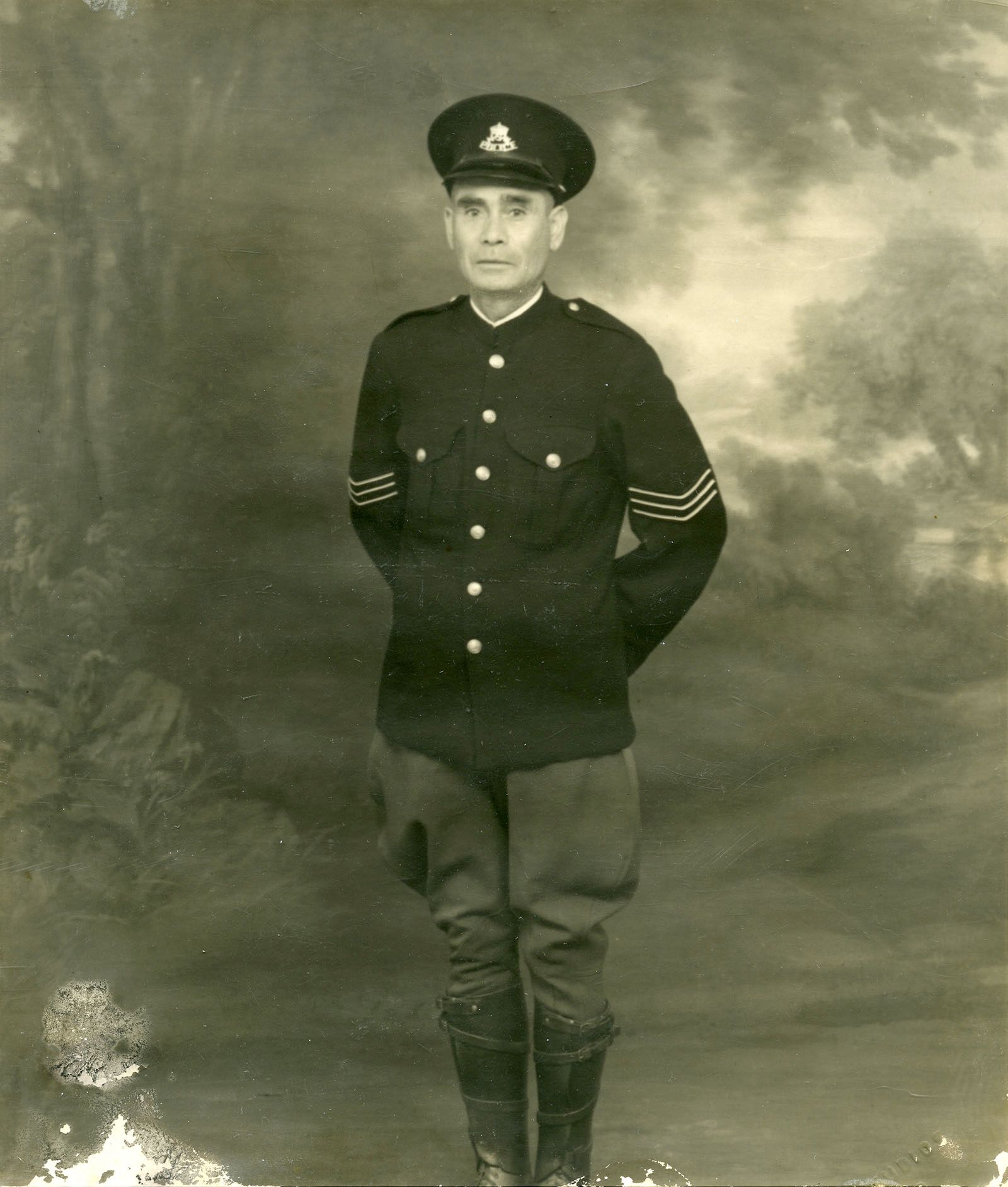Q&A: Peter Chia
Peter Chia, CEO of Muru Mittigar Aboriginal Cultural & Education Centre, provides insights into his ambitions for the organisation and its association with Museums of History NSW (previously Sydney Living Museums).
Muru Mittigar (meaning ‘pathway to friends’ in the Darug language) was established in 1998 to advance Aboriginal culture, particularly Darug culture, and improve the wellbeing and economic independence of Aboriginal people. In 2016, the organisation relocated to Rouse Hill House & Farm from Penrith Lakes. In the beautiful setting of Rouse Hill, the Muru Mittigar team provides unique cultural opportunities for visitors to experience Country.
As a CEO of a complex not-for-profit cultural enterprise that provides employment opportunities for Aboriginal people, what are some of the important landmarks in your journey so far?
It’s a challenge in the not-for-profit sector anywhere to achieve sustainable outcomes, unless a funding model is secure and maintained. Anything that builds on the existing pride and strengths of Aboriginal communities while confronting many lingering attitudes of some people makes the bigger landmarks even more fulfilling. I’ve been very privileged to be given so much knowledge and advice from so many people in my local community and I will always have a motivation to create opportunities within the amazing team I have to work with at Muru Mittigar.
Landmarks include pioneering and winning commercial Indigenous procurement projects with a more than 90 per cent staff retention rate over a three-year period, and being involved in one of the largest and longest-running Aboriginal employment projects in Australia, at Penrith Lakes. After 19 years, the total jobs secured without specific-purpose government funding exceeded 500, and many of the most successful trainee graduates are now senior key people in our team. Other landmarks include loaning our millionth No Interest Loan Dollar via our Indigenous Community Finance Hub in Penrith, which helps vulnerable households receive trusted financial counselling and debt resolution support.
How does your tertiary training and experience in horticulture influence your current role?
I’ve been working in the landscape and civil construction industry for most of my career. Although our local Country is being impacted by an insatiable demand for development, at least we can leverage any environmental and education benefits in this process. The booming industry in Western Sydney provides significant opportunities for all job seekers in our region and for the next generation. It’s a chance for the mainstream business sector to learn more about the Country in which much of this development is occurring and for all stakeholders to engage Aboriginal job seekers. Our main role is to ensure the right people can be ready for the roles they want for their future.
How would you like to see the relationship between Muru Mittigar and MHNSW develop?
Muru Mittigar and MHNSW share a common quest to provide educational and cultural experiences to willing audiences. Our respective teams of people learn from each other every day and there’s opportunity to take programs from Rouse Hill House & Farm to other MHNSW sites and continue working with other Aboriginal communities along the way. I’d like this relationship to continue to grow so other, similar agencies can see the great benefits in working closely with Aboriginal communities and organisations anywhere in NSW.
What can visitors experience at From Our Place: An Exhibition from NSW Aboriginal Cultural Centres?
From Our Place is a travelling exhibition which is being hosted by partner Aboriginal & Cultural Heritage Arts Association organisation centres across NSW. It’s a collection of works from all hosting communities and is a unique opportunity for visitors to learn about Aboriginal culture and history. We welcome everyone to drop in to the exhibition when they visit Rouse Hill House & Farm.
Published on
Related

First Nations
A fisher woman of Warrane
Daringa’s short but fascinating life reflects the connection of coastal Aboriginal peoples to the water, and the key role played by women in the fishing economy
![NRS 12061 [12/8749.1] 62/1515pt1, p334](https://cdn.sanity.io/images/zl9du87e/production/f95209714e7233f28b7abc814dbc999c0d9033e3-1404x2000.jpg?rect=0,525,1404,861&fit=max&auto=format)
Advocacy, allyship and the rise and fall of the Aborigines Protection Board
In the lead-up to 26 January, the State Archives Collection provides opportunities to explore and reflect on past examples of advocacy and allyship in the fight for First Nations rights

Alexander Riley, legendary Aboriginal police tracker
The remarkable talents of Aboriginal trackers who worked for NSW Police in the 20th century are featured in a display at the Justice & Police Museum

Cast in cast out: recasting fragments of memory
An in-depth look at Dennis Golding's experiences and childhood memories of growing up in ‘The Block’